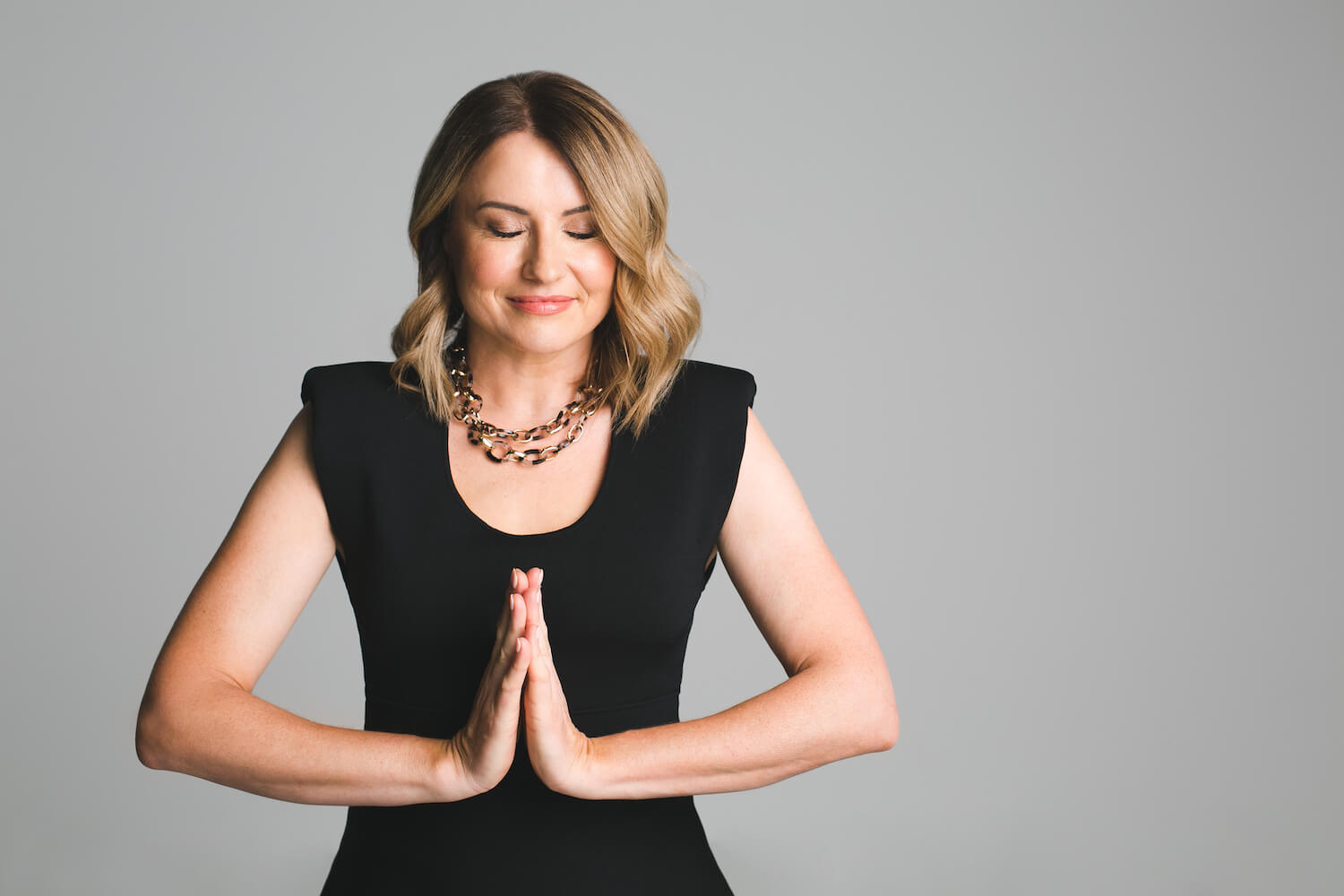January rolls around, and suddenly, 70% of Australians, fuelled by holiday cheer and the inevitable post-indulgence wave of guilt, decide that this is the year they’re going to change.
They’re poised to conquer the gym, save money, eat kale—the works. It’s a tradition as old as time, or at least as old as the ancient Babylonians, who made promises of good behaviour for the year ahead to avoid the wrath of their gods.
Fast forward a few millennia, and here we are, still making promises, but to the unforgiving gods of health, wealth, and social media acclaim.
Alas, if we heed current statistics, most of New Year’s resolutions are destined to fail by the middle of Feb (!). This makes way for a deluge of @inspo posts from the self-care police, urging us to practise self-love and abandon the futile exercise of setting resolutions—because they’re too hard, just love yourself, eat more cake, you deserve it, and some such facile nonsense.
I, however, champion the philosophy of the outlier. And if you’re reading this newsletter, there’s a high chance you believe this too.
Here’s how you can join the esteemed 10% whose resolutions not only endure but flourish.
Go BIG or Go Home
You need a big, hairy, audacious AND quantifiable goal to give you a mega boost of dopamine. Most people’s goals are too small and unmeasurable. Losing weight isn’t as powerful as saying fitting into size X clothes. Becoming fitter, isn’t the same as saying I want to be able to run 5km in one go.
Last January I decided I wanted to take part in a triathlon—no swimming experience, no bike, and a knee injury. Crazy? Maybe. On paper, my ambition was borderline absurd. But the sheer exhilaration of envisaging hobbling across that finish line sparked a profound motivation, transcending a mere ‘exercise more’ resolution.
Choose a ‘Why’ That Moves Mountains
Weight loss, living healthier, personal improvement or happiness (the top three Aussie New Year resolutions according to a report by Statista, mentioned by ABC News) are too generic and don’t pack enough punch.
You need a ‘why’ that’s unassailable.
My personal driving force?
To embrace the healthiest lifestyle possible, for as long as possible, so I can witness not just my children’s milestones but those of their children too—a tapestry of future family memories spanning decades. In my 80s, I want to be the cool ‘meemaw’ in the TV series Sheldon—and I won’t be able to achieve that dream if I’m physically and mentally frail.
Transcendence is Key
A shallow why is a no-go. Self-punishment disguised as a healthy goal? That’s a hard pass.
Your WHY needs to be so powerful it lights up the sky.
Remember, the authenticity of your ‘why’ is crucial. If it’s grounded in self-criticism or punishment, it’s doomed to falter.
Seek a ‘why’ that elevates and transcends your immediate ego. Will your goal nourish you and those around you who will be affected by your goal?
Stay Anchored to Your Why
My mantra for 2024? 8:80:8000. Achieving eight hours of sleep a night, 80% of the time, to unlock 8000 minutes of unadulterated family joy.
My vision board is a vibrant collage of this mantra: family laughter, beach walks, and shared moments of affection. A weekly contemplation of this board on my home office wall reignites my drive for the week ahead.
Redefine Success
Contrary to popular belief, for a weight loss goal, success isn’t the kilos shed. For improved health, success isn’t a lower cholesterol level at your next doctor’s appointment, nor is it being able to deadlift over 100kg if your goal is improved strength.
Your measure of success is the consistency of the habits that lead to weight loss/fitness/health (insert goal of choice here).
For me, completing the triathlon wasn’t the metric of success; the event itself was the crowning reward for a year of iron-willed adherence to a training regimen.
Celebrate the journey, not the destination.
The Science of Habit Formation
Embedding new habits isn’t just wishful thinking. It’s science.
Most people pick a goal, maybe even go as far as buying a new gym membership or a new diet book and hope for the best. Mere scheduling isn’t enough. New habits—especially those requiring effort in terms of time, sweat or changes in routine—are hard.
Stanford-based Prof. BJ Fogg, who’s dedicated his life to the science of habit formation, tells us to link new habits to established ones, start small and celebrate after every successful habit completion.
My daily ritual? Putting on my cycling or running gear right after brushing my teeth—as certain as the sunrise. I follow this with a mental YASS and high five to myself.
Your Accountability Squad
Embarking on this journey solo is a missed opportunity. Rally a support crew.
At the beginning of 2023, I convinced three dynamic women over 50—a doctor, a high-level executive, and a former lacrosse champ—to join me. Our journey was more than accountability; it was camaraderie, laughing at our Mr Bean-like athletic endeavours, and crossing the finish line arm-in-arm.
I hope this is helpful.
Here’s to making resolutions that don’t just endure but inspire you and those around you in 2024.
And remember to keep me posted as to what ambitious goal you set for yourself!
